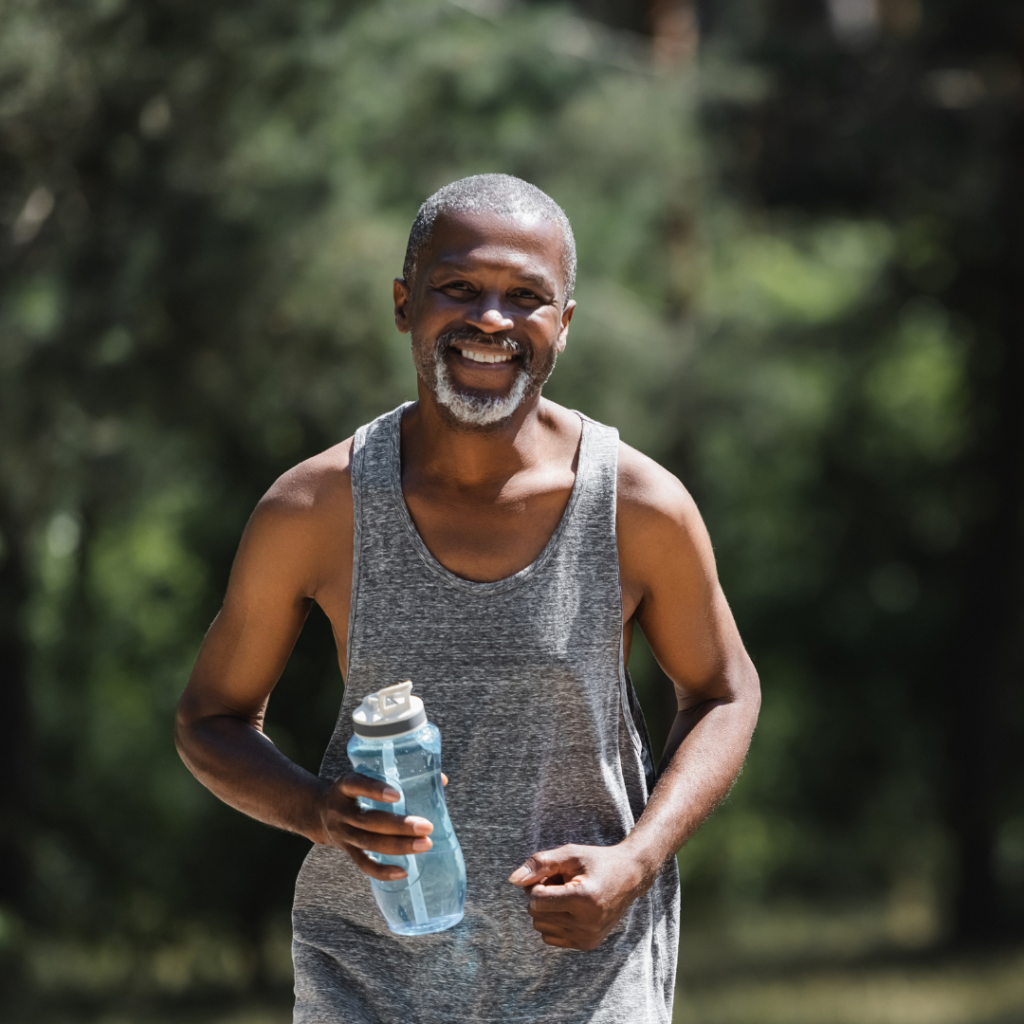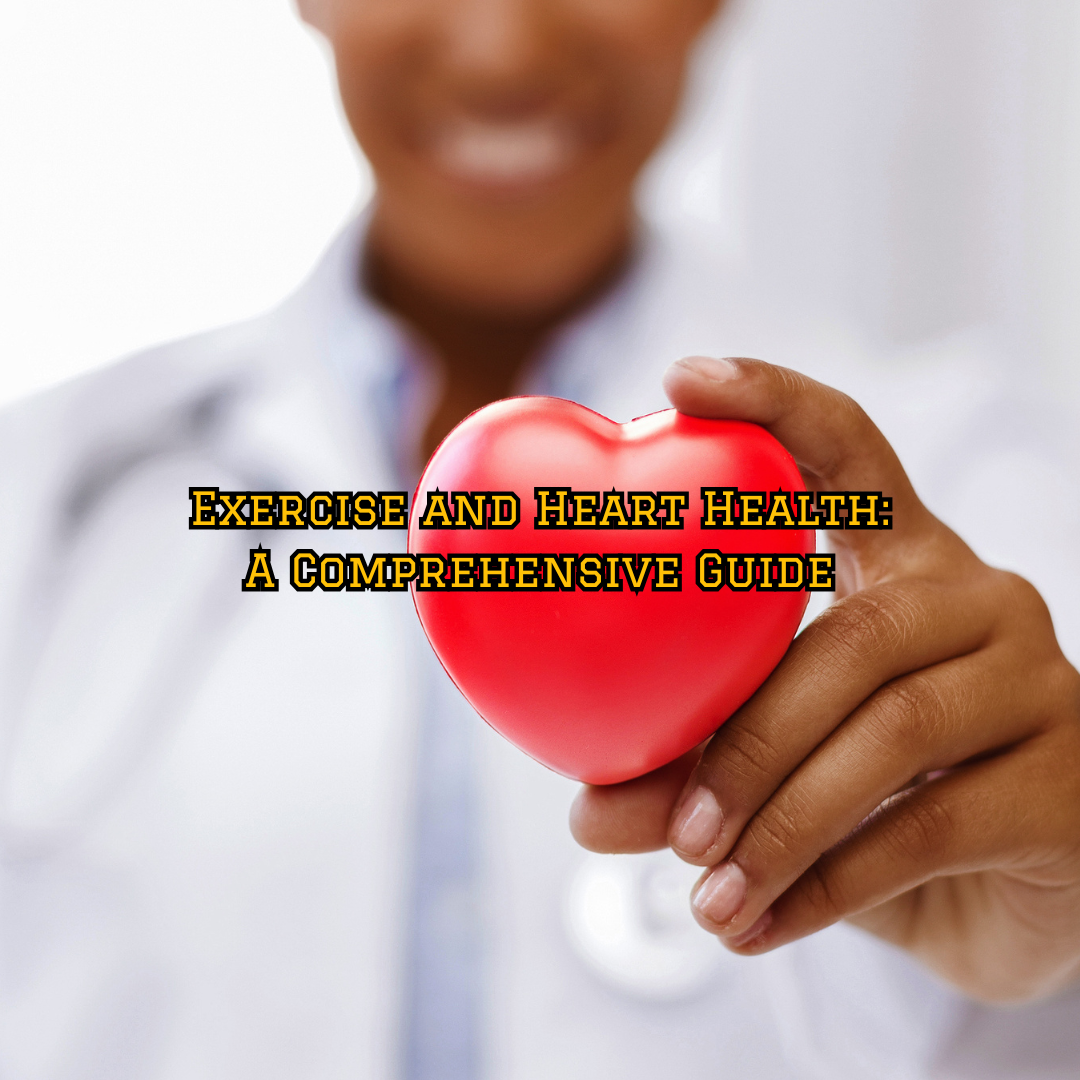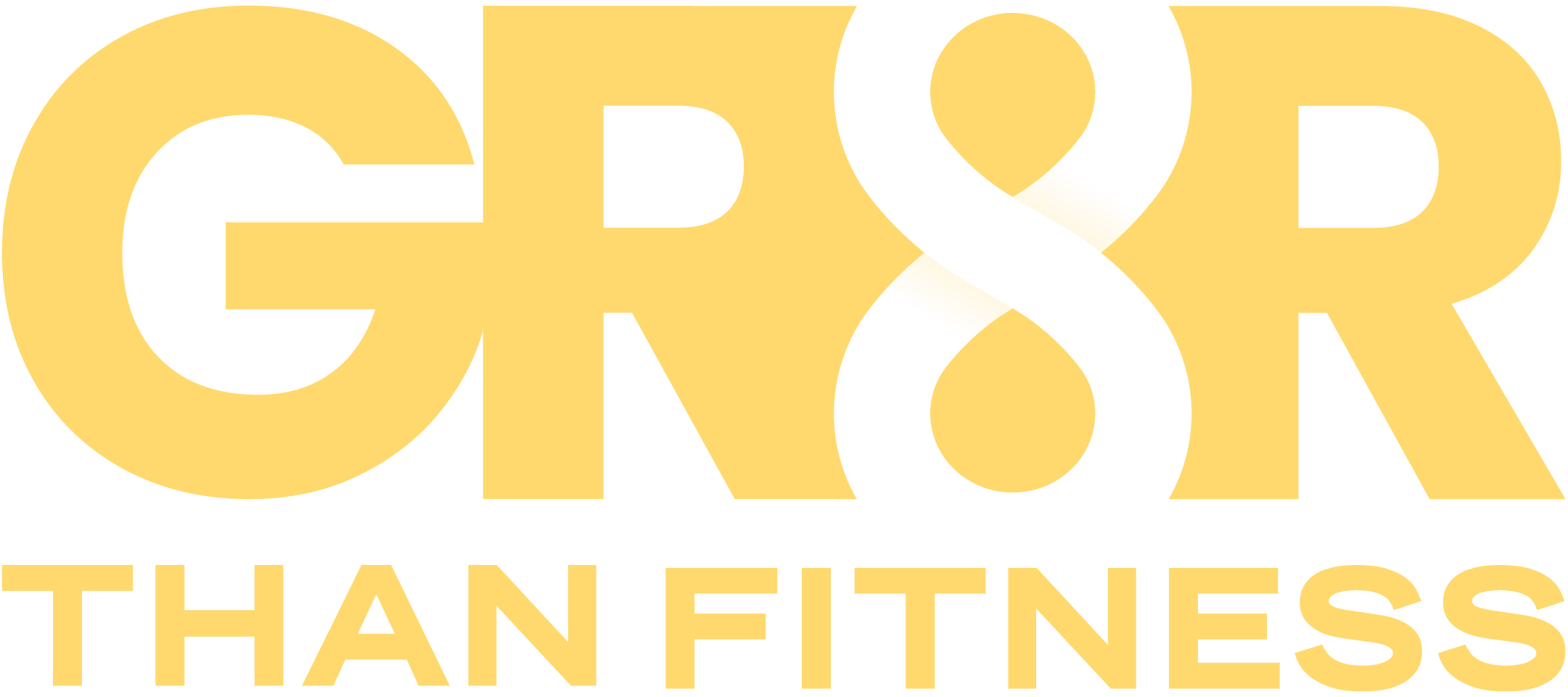Your basket is currently empty!
The Importance of Hydration for Fitness and Recovery
GR8R is a call to action. A movement to get people to recognise their worth and overcome the challenges that lie between who they are and who they want to be. Join us in removing the barriers to activity and encouraging anyone to active, anywhere, and anywhen.
·

Hydration plays a crucial role in fitness and recovery, yet it is often overlooked by many athletes and fitness enthusiasts. Proper hydration not only enhances performance but also aids in quicker recovery, making it essential for anyone engaged in physical activity. In this article, we will explore the significance of staying hydrated, the impact of dehydration, and tips for maintaining optimal hydration levels.
Why Hydration Matters for Fitness
- Enhanced Performance: Water is vital for regulating body temperature and maintaining energy levels. Dehydration can lead to fatigue, decreased endurance, and impaired strength, which can significantly affect your workout performance. Studies show that even a 2% loss in body weight due to dehydration can lead to a noticeable decline in athletic performance.
- Improved Nutrient Transport: Hydration facilitates the transportation of nutrients to muscles, ensuring that they receive the energy they need during exercise. Proper hydration helps in the absorption of essential vitamins and minerals, which are crucial for muscle function and recovery.
- Joint Health: Water acts as a lubricant for joints, reducing the risk of injury during workouts. Staying hydrated helps maintain the synovial fluid that cushions joints, providing better mobility and less discomfort during physical activities.
The Impact of Dehydration
- Physical Symptoms: Dehydration can result in a range of physical symptoms, including headaches, dizziness, and muscle cramps. These symptoms can hinder performance and make workouts less enjoyable.
- Mental Effects: Dehydration can also impact cognitive function, leading to decreased focus and coordination. This can be particularly dangerous during activities that require concentration, such as weightlifting or sports.
- Prolonged Recovery: After a workout, proper hydration is essential for recovery. Dehydration can slow down the recovery process, prolonging muscle soreness and fatigue. Staying hydrated helps to flush out toxins and supports muscle repair.
Tips for Staying Hydrated
- Pre-Workout Hydration: Drink water before starting your workout to ensure your body is adequately hydrated. Aim for at least 16-20 ounces of water a few hours before exercising.
- During Exercise: For workouts lasting longer than an hour, consider consuming electrolyte-rich beverages to replenish lost fluids and maintain energy levels. A good rule of thumb is to drink about 7-10 ounces of water every 10-20 minutes during exercise.
- Post-Workout Recovery: After exercising, rehydrate with water or sports drinks to replace lost fluids. Aim to drink at least 16-24 ounces of fluid for every pound lost during your workout.
- Daily Hydration Goals: Establish a daily water intake goal based on your activity level, climate, and body weight. A common recommendation is to drink at least half your body weight in ounces of water daily.
Conclusion
Hydration is a fundamental aspect of fitness and recovery that cannot be overlooked. By understanding the importance of staying hydrated and implementing effective hydration strategies, you can enhance your performance, support recovery, and improve your overall health. Remember, your body is a well-oiled machine, and water is the essential fuel that keeps it running smoothly. Stay hydrated and reap the benefits for your fitness journey!
Discover more from GR8R Than Fitness
Subscribe to get the latest posts to your email.
-
Embracing The Magnificent Power of Showing Up
Lets be real. When picturing a “consistent” fitness journey what do you see? Someone who never misses a 5am workout? Whose meal preps are perfectly stacked with an assortment of exotic fruits n veggies? Someone who wakes up every single day feeling 1000% motivated? Sounds both exhausting and completely unrealistic Now, let us tell you…
-
Setting Crushable Goals
Progress, Not Pressure So you’ve survived the mid-year slump. You dusted off the rust, recharged and are ready to get back on track. However, energy with no direction is…. simply just noise. If you want to feel results, you need goals you can realistically hit, not willy-nilly ones that live rent-free in your head. For…
-
Bouncing Back After Mid-Year Fatigue
Realignment > Burnout We’ve pasted half-way mark in the year and if we’re being honest… Its been a lot. Mid- year fatigue has settled in. Your January goals have collected dust, the discipline you had in March is a distant memory and your energy level? Is practically on “low battery” But Guess what? Mid-year fatigue…
-
Chilly Weather = Fitness Killer? GUESS AGAIN!
Lets be real with the cold weather comes the desire to cuddle up in the blankets and self-neglect the needs of the body. Even more so with the beast sitting on your chest that thrives as the temperature drops, depression. However, there are ways to combat this potential decline Identifying Signals We know we’d like…
-

Exercise and Heart Health: A Comprehensive Guide
Exercise and Heart Health: A Comprehensive Guide


Leave a Reply